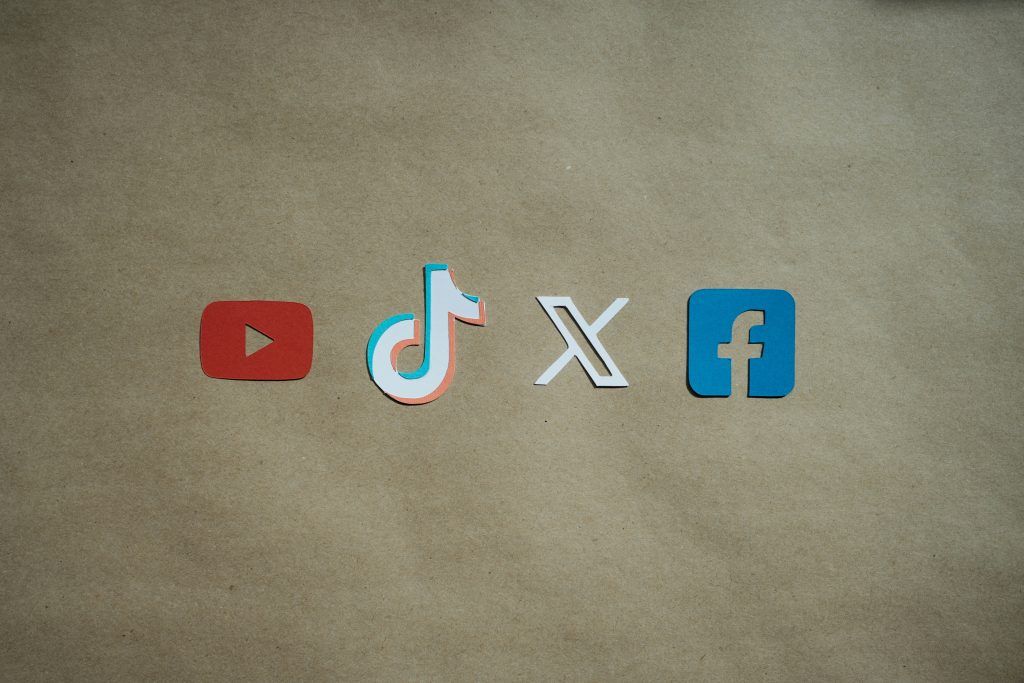Celebrity earnings used to be quite simple. The majority of their income was through appearance fees, endorsement dealings, music royalties and copyright revenue. Nowadays, however, stars are exploiting far more sources of income, such as streaming, social media, online gaming, and new online casinos.
The barrier of time and geographical locations is removed by digital platforms, and the process of celebrities making money is revolutionized by its means. As the conventional income yields are now turbo-charged with the digital tools, celebrities are actually becoming complete and full-fledged owners of digital assets.
Celebrities x Online Casinos: A New Capital Platform Emerges
One of the most notable shifts in the celebrity economy in 2025 is the growing trend of expanding revenue models through collaborations with online casinos. Newly launched casino platforms are also reflecting this trend and are increasingly focusing on celebrity-driven branding and user acquisition strategies.
The comparison article by Viola D’Elia on online casinos in Canada launched in 2025 provides a detailed breakdown of new platforms by category, analyzing the unique features and benefits of each. Through this, it highlights how these casinos are evolving beyond traditional betting spaces into multifaceted digital capital platforms through partnerships with celebrities.
What is not exactly exceptional about this trend is that these unions are no longer restricted to temporary sponsorships but are being streamlined into more formal and permanent sources of revenue. As an example, no longer are celebrity-branded slot machines and live dealer games seen as a novelty fan service. They have turned into real money-making devices that turn fandom into online consumption. Given the close connection of the content to the brand image of the celebrity, platforms can enjoy higher conversion rates and better user loyalty.
Other celebrities have gone further than lending their image. They are becoming co-founders or board members with stock and strengthening their identities as digital capitalists. The nature of these deals is not as embedded fees, and instead of paying stars fixed fees, stars receive performance-based revenues that directly correlate to platform growth. This has turned them into a yardstick against which the entertainment industry is evolving into a digital asset-based income structure.
Social Media and Streaming: Celebrities as the Brand
These streaming and social media platforms have turned into the critical infrastructure of celebrities as they are no longer mere components of content. They are brand owners who are now making money out of their personas. In their turn, such platforms as Instagram, X (previously known as Twitter), Threads, YouTube Shorts, and TikTok can help a celebrity to communicate with their fans in real-time and become a potent tool to create and monetize the personal brand of a celebrity.
A prime example is Hailey Bieber. In 2022, she launched her skincare brand ‘Rhode’ and organically showcased her beauty routines on TikTok and Instagram. As a result, the initial product sold out completely within just three days, with a waitlist of over 440,000 customers. This transformed passive followers into a highly engaged community and powered Rhode’s growth far beyond a simple product collaboration. Three years later, in early 2025, Rhode was acquired by e.l.f. Beauty in a $1 billion deal. Hailey continued as Creative Officer and Head of Innovation and guided the brand’s evolution.
Celebrities are now more than just models in ads. They are one-person media companies that plan, create, and sell their own products. Fans are no longer just followers. They are consumers, investors, and community members with a stake in the celebrity’s brand.
Streaming has also become a powerful channel for monetization and real-time fan interaction. For actors, musicians, and athletes, live broadcasts on platforms like YouTube, Instagram, and Twitch are now part of everyday operations. Fans act not only as viewers but as direct supporters and participants. Superchats, merch drops, and exclusive subscription rewards drive stronger loyalty and higher conversion than traditional media ads.
Many celebrities are now hands-on in managing everything from content planning to distribution and community engagement. They’re leveraging real-time data to respond to trends, collecting fan feedback on product development, and optimizing content with platform algorithms. These roles were traditionally handled by large talent agencies. As the digital ecosystem matures, celebrities are increasingly functioning as brand asset managers and are using fandom as a foundation to design and scale value.
Consuming and Monetizing in the Digital Sphere
Today’s celebrities aren’t just visible on digital platforms. They are active players in the digital economy. Using their reach and fandom, they are shaping entirely new markets and positioning themselves as digital capitalists.
One of the most prominent examples is the rise of NFTs (Non-Fungible Tokens). Many celebrities are minting and selling their own NFTs. These range from photos and artwork to music and video clips, and create new revenue models that differ from traditional merchandise or album sales. Fans don’t just buy content. They become owners of a piece of the celebrity’s digital universe. Some celebrities are also investing in or collecting rare NFTs themselves and are positioning themselves as key players in the digital collector space.
Virtual real estate in the metaverse is another rising trend. Celebrities are purchasing virtual land and buildings in the metaverse to establish their own branded spaces, which they use for fan interaction or brand collaborations. Some are hosting concerts or fan events within these spaces and are offering immersive experiences that go far beyond the limitations of offline gatherings. The metaverse is becoming more than entertainment. It is a stage for celebrity-led content and asset monetization.
The celebrity–fan relationship is also evolving into one that includes revenue sharing and joint participation. Some celebrities distribute a portion of NFT sales back to their community or donate profits to charitable causes and blend business with purpose. Crowdfunding is also becoming more common and allows fans to influence project direction and even share in financial outcomes. This marks a shift from fan-driven consumption to collaborative value creation and places celebrities and fans within the same community-based digital economy.
Celebrities as Capitalists on Digital Platforms
In 2025, the celebrity economy is no longer just about fame. It is a complex and hybrid model built around digital assets. Celebrities are now active economic agents. They are creating their own brands, collaborating with fans, and reinvesting revenue for social or community impact.
This shift is dissolving traditional entertainment boundaries. Going forward, celebrity-led platform ecosystems could become a defining force in the broader digital economy. Today’s stars are not just personalities. They are digital entrepreneurs, asset owners, and community leaders who are shaping the next frontier of value creation.





















